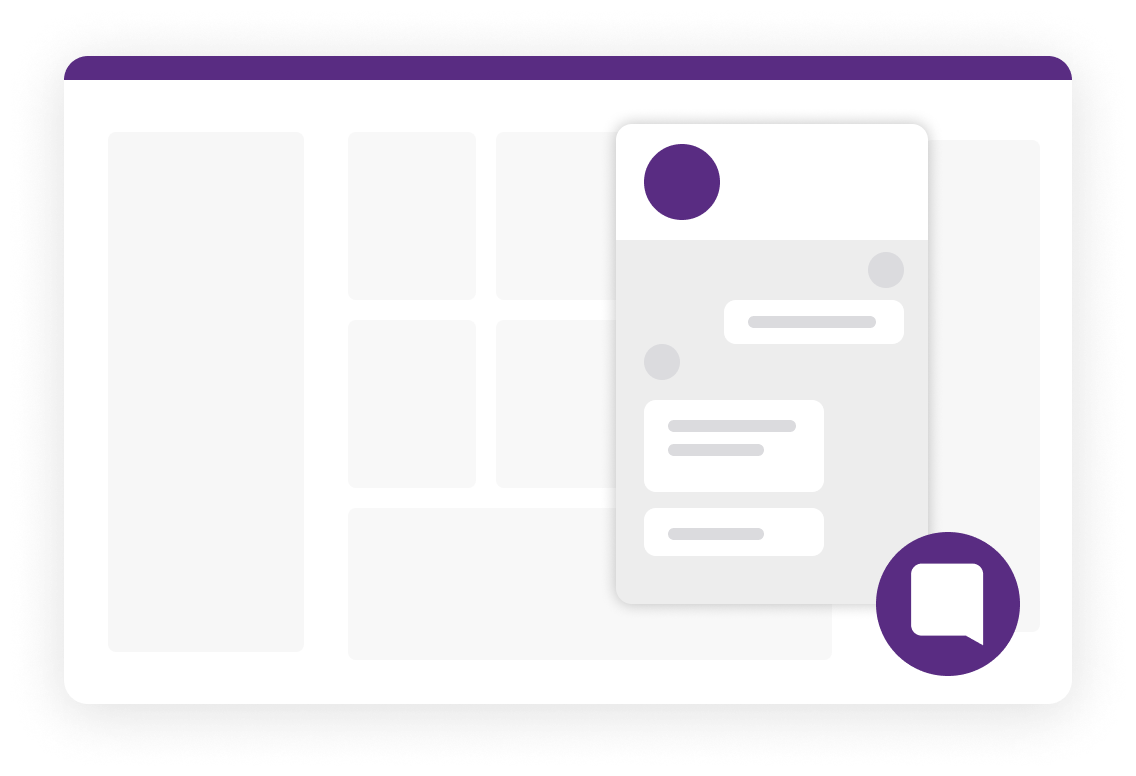When it comes to saving money on healthcare expenses, people often confuse healthcare Flexible Spending Accounts (FSAs) with Health Savings Accounts (HSAs). While both offer tax advantages,1 an FSA operates very differently from an HSA—and it’s important to understand the distinctions.
Unlike an HSA, which is owned by you and remains yours even if you change jobs, an FSA is a defined contribution plan owned and managed entirely by your employer. This means that:
- Your employer funds the FSA and determines if any unused funds carry over.
- If you don’t use your FSA dollars within the allowed time frame, your employer may keep the remaining balance.
- Eligible expenses are strictly determined by IRS guidelines—not by HealthEquity or any other administrator.
This structure means that if an expense isn’t covered, it’s because it doesn’t meet IRS guidelines or your employer’s specific plan rules, not because HealthEquity is denying the claim. Understanding these details can help you make the most of your FSA while avoiding confusion and frustration.
How FSA substantiation works
FSA funds can be used for eligible healthcare expenses, but every transaction must be properly substantiated—meaning documented and approved. The IRS requires this step to ensure that FSA dollars are only spent on eligible medical, dental, and vision expenses.
You have two primary ways to use your FSA funds:
#1 Using your HealthEquity® Visa® Card2 (Note: not all FSA plans include a card)
Some expenses can be auto-approved at the point of sale if the merchant codes the transaction correctly. However, not all purchases are automatically verified. You may still need to submit receipts to confirm eligibility.
#2 Paying out of pocket and submitting for reimbursement
If you pay for an eligible expense yourself, you can submit a claim for reimbursement. You’ll need to provide proof of payment and an itemized receipt showing:
- Name of provider you received services or care from
- Name of person who received the services or care
- Date of service (not the date of billing)
- Descriptions of services (specifics and itemization)
- Costs of services
Regardless of how you pay, every expense must be meticulously documented and approved according to IRS rules. This is not an internal HealthEquity policy—this is an IRS requirement that applies to all FSAs.
Who determines what’s covered?
A common misconception is that HealthEquity (or another plan administrator) decides which expenses are eligible for FSA reimbursement. In reality:
- The IRS determines what is eligible. The full list of eligible expenses is set by the government and applies to all FSAs.
- Your employer determines plan-specific rules. Some employers may choose to exclude certain expenses or set additional requirements.
- HealthEquity’s role is to follow the rules. If a claim is denied, it’s because it doesn’t meet IRS or employer plan criteria—not because HealthEquity made the decision arbitrarily.
FSA coverage: More than just medical bills
Many people assume FSAs only cover doctor visits and medical procedures, but eligible expenses extend well beyond that. Here’s a broader look at what you can use your FSA funds for:
Medical expenses
- Doctor visits, urgent care, and hospital services
- Diagnostic tests and lab work
- Physical therapy and chiropractic care
- Surgery and other medically necessary procedures
Prescription and over-the-counter (OTC) medications
- Prescription medications
- Over-the-counter drugs like pain relievers, allergy medications, and cold medicine
- Menstrual care products
- First-aid supplies (bandages, thermometers, etc.)
Dental expenses
- Cleanings, fillings, and root canals
- Orthodontic treatments (e.g., braces)
- Dentures and dental implants
Vision expenses
- Eye exams and prescription glasses
- Contact lenses and solution
- Laser eye surgery
Other eligible expenses
- Hearing aids and batteries
- Breast pumps and lactation supplies
- Smoking cessation programs
- Acupuncture
Using your FSA wisely means understanding the full range of eligible expenses so you can maximize your tax savings.
Don’t forget: Use it or lose it!
One of the biggest differences between an FSA and an HSA is that FSAs operate under a “use it or lose it” rule—meaning you must spend your funds before your plan deadline.
However, some employers offer:
- A grace period (up to 2.5 extra months to use the funds)
- A carryover option (lets you roll over funds into the next plan year—up to a specified limit)
Check your plan documents to see if either of these applies to your plan.
Key takeaways
- An FSA is employer-owned, not your personal account. If you don’t use the funds, your employer may keep them.
- HealthEquity does not make the rules. If a claim is denied, it’s because it doesn’t meet IRS or employer guidelines.
- Substantiation is required. Every expense must be properly documented and approved.
- FSAs cover more than just doctor visits. Eligible expenses include prescriptions, dental work, vision care, and more.
Understanding how FSAs work—and how substantiation ensures compliance with IRS rules—can help you use your funds effectively and avoid unnecessary frustration.
HealthEquity does not provide legal, tax or financial advice. Always consult a professional when making life-changing decisions.
1 FSAs and HSAs are never taxed at a federal income tax level when used appropriately for qualified medical expenses. Also, most states recognize funds as tax-deductible with very few exceptions. Please consult a tax advisor regarding your state’s specific rules.
2 The HealthEquity Visa Card is issued by The Bancorp Bank, N.A., Member FDIC, pursuant to a license from Visa U.S.A. Inc. Your card can be used everywhere Visa debit cards are accepted for qualified expenses. This card will not work at ATMs, gas stations, restaurants, or other establishments not benefit related and you cannot get cash back. See Cardholder Agreement for complete usage restrictions.



Follow us